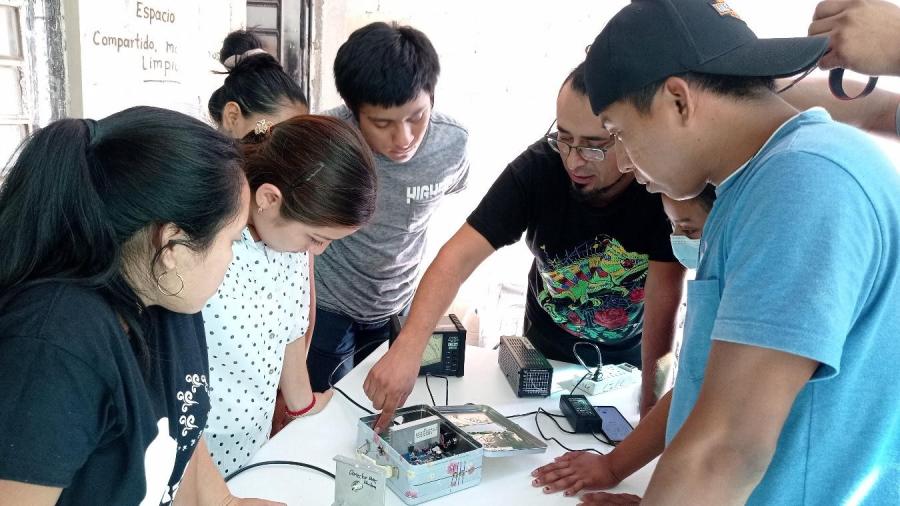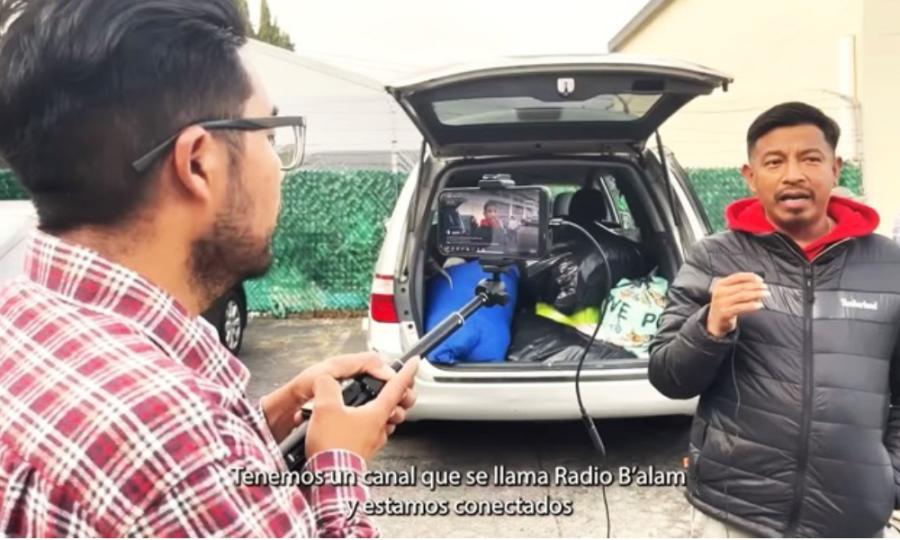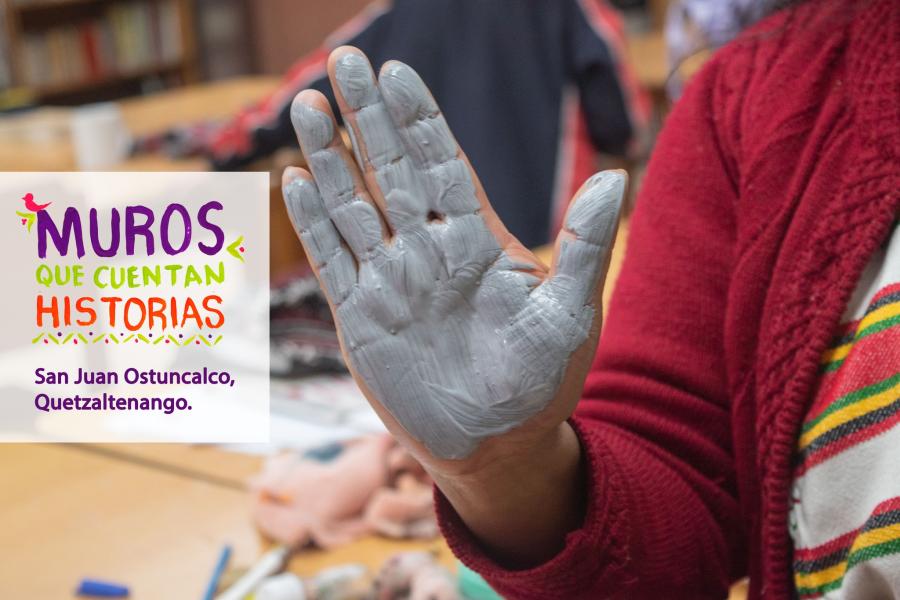The clicking computer keys can be heard on the dusty steep slope of Sixth Avenue in Sololá, in the mountainous southwest of Guatemala, overlooking the scenic Lago Atiitlan. The sounds originate from a popular internet café operated by an indigenous women's association.
Nutzij ("my word" in Mayan Kaqchikel), also known as the Centro de Mujeres Comunicadoras Mayas, trains indigenous women in computer literacy and video production and offers community-level communication services. Padma Guidi a trainer and international advocate for empowering women, launched the project in 1997 with a private donation of $50,000 worth of video equipment, which included four Video-8 cameras, editing equipment, and three personal computers.
Indigenous women are the most marginalized sector of Guatemalan society, suffering from high levels of poverty, violence, and trauma after 36 years of civil war. Ladino (non-indigenous) and military governments have largely ignored the educational needs of the Maya population, which constitutes between 60 and 70 percent of Guatemala’s population. Illiteracy rates are reported to be around 45 percent in general and 70 to 90 percent among Maya women. Nutzij plays an important role in closing that gap.
With six full-time staff, Nutzij trains more than 30 women in computers and video production every 15 months, giving them skills to compete in the business world. The waiting list for the program, which was recently recognized by the Guatemalan Ministry of Education, is long.
Julliana Julajuj, the secretary for the board of Nutzij, takes pride in her role as a communicadora.
" We work closely with Sololá's municipal government and indigenous council to rebuild the social fabric that had been destroyed during the civil war, to strengthen women's positions in society, and to ensure women's participation," Julajuj said. "We, as women, want to promote our culture, way of life, language, and the human rights of indigenous peoples."
Last year, the collective participated in the seventh annual Indigenous Film and Video Festival of the Americas in Chile organized by the Latin American Council on Indigenous People’s Film and Video/Consejo Latinoamericano de Cine y Comunicación de los Pueblos Indígenas (CLACPI), where they screened a video on the Peace Accords that was produced in four languages (Spanish, Tzutzuji, Kachiquel, and Quiche). The film, commissioned by the now-difunct MINUGUA (the United Nation's peacekeeping mission in Guatemala), was also screened in several communities and was broadcast on cable channels as part of a human rights education campaign. Topics of other short film pieces Nutzij has produced include women's issues, traditions of weaving, sustainable development, internet instruction, traditional medicine, education, and health.
As with most nonprofits, funding and sustainability are major obstacles for Nutzij. The organization is largely run by volunteers. While the internet café helps the organization stay afloat and pay its bills, it relies heavily on outside funding, mainly from organizations in Europe. For the past few years, Nutzij has supplemented its income by offering workshops for foreigners on how to work with indigenous communities to produce video projects and by producing videos for local patrons.
Despite the funding challenges, the organization outgrew its original location and rented a second building. Now the split offices make it difficult to transfer data between computers. Its work is also hindered by unreliable electricity and telecommunications services. Sporadic power outages and lack of adequate back-up power units wear on the equipment. Nutzij's expensive satellite internet connection often loses its signal, cutting business in the internet café. Even on a good day, the café struggles to set appropriate prices for its low-income clientele.
Despite these challenges, hundreds of Maya women are benefiting from the skills they have acquired at Nutzij, adapting technology to their realities in order to begin to fulfill their needs.
Agnes Portalewska is the membership coordinator for Cultural Survival.



